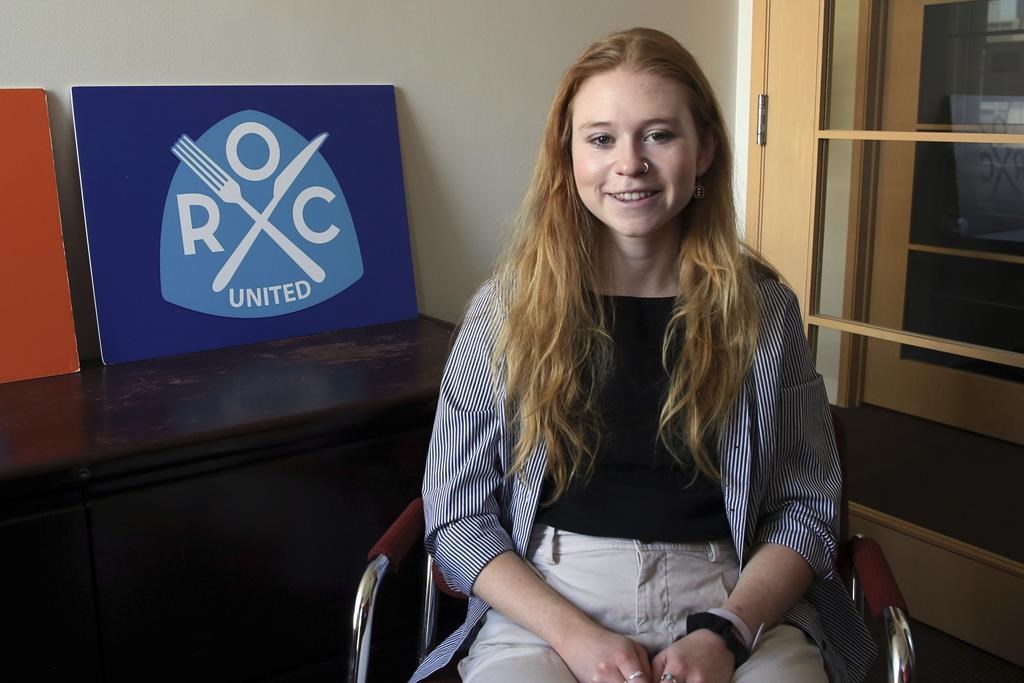
New York City is going to start practicing one of the strictest salary disclosure laws. Ads for jobs will now have to specify the pay.
Here is how the ads for jobs in NYC are changing

At the beginning of this year, NYC lawmakers voted to make it mandatory that ads for jobs in NYC include salary ranges. The move aims to give job applicants— particularly women and people of color a higher chance at fair pay. However, lawmakers are likely going to push it by five months as employers are waving red flags. The debate is a prominent test of the US’s pay transparency laws. “I believe I deserve to know how much I can make as a waitress,” said Elizabeth Stone, who works at a restaurant in Brooklyn. So far she scoured job ads that are quiet about the pay, making her wonder about pay and the feeling of not having the leverage to ask for a raise.
“You’re put in a really challenging position of not wanting to upset your employer and not wanting to scare away an opportunity, but also wanting to fight for what you know is what you deserve,” she added. Stone is a member of ROC United, a restaurant workers’ advocacy group. Over the last four years, a minimum of seven states and two cities have started demanding that employers disclose salary and benefits on their ads. In several cases, it is upon request or even after an interview. Additionally, the clauses have exemptions for small businesses.
What does the new law state?
According to the new law, any job notice, may it be an online ad or an internal flier, must state the minimum and maximum pay by the employer “in good faith”. However, there is no limit on the size of the range. Additionally, it lacks a prohibition on deviating from the “in good faith”. As per data from the state Labor Department, New York City’s new laws are aimed at firms with four or more workers. Hence, this applies to roughly 90 percent of people working in the city. But, it only applies to one out of every three employers.
Federal statistics reveal that women make less than their male counterparts in most fields. In 2021, the median pay for full-time female workers was about 83 percent of that made by men. According to Beverly Neufeld, pay-transparency needs are “one of the most powerful tools that we have to change those gaps”. Neufeld is the president of an economic equality advocacy group known as PowHer New York. She stresses that workers will get a level playing field while the businesses can increase their efficiency by offering applicants an amenable salary.
Why are employers against the law?
On the other hand, small firms and nonprofits are worrying that they will lose applicants. Additionally, larger corporations are not comfortable about posting NYC salaries for jobs that can be done from a lower costing place. While others are worrying about the flood of resignations once the current employees see what the new hires can get. “You have your existing population saying, ‘Well, if this is the range, why do I fall on the lower side of the medium side? (And) now I can see, as an employee of X firm, what an employee of Y firm is making.’” stated Ian Carleton Schaefer.
Schaefer is an employment lawyer representing companies dealing with sports, technology, and entertainment. He is counseling clients to prepare for the new change by ensuring that the current pay is fair. He also suggests rising pay of current employees if it is not fair. “Moving towards gender parity, in terms of the workplace, is a really important goal,” noted Sian Beilock. Beilock is the president of Barnard College. “I worry that focusing on salary misses a larger point,” she added.






